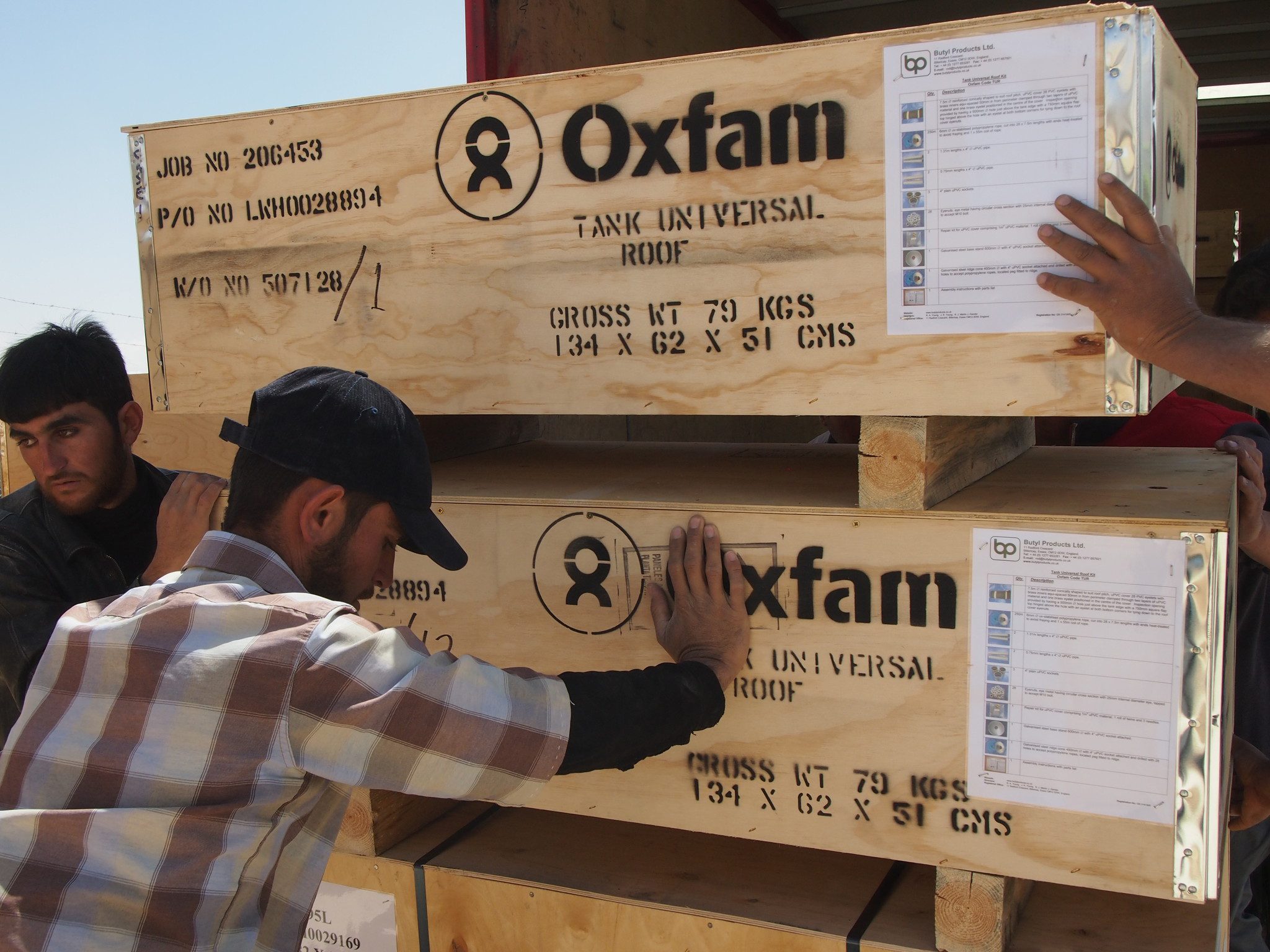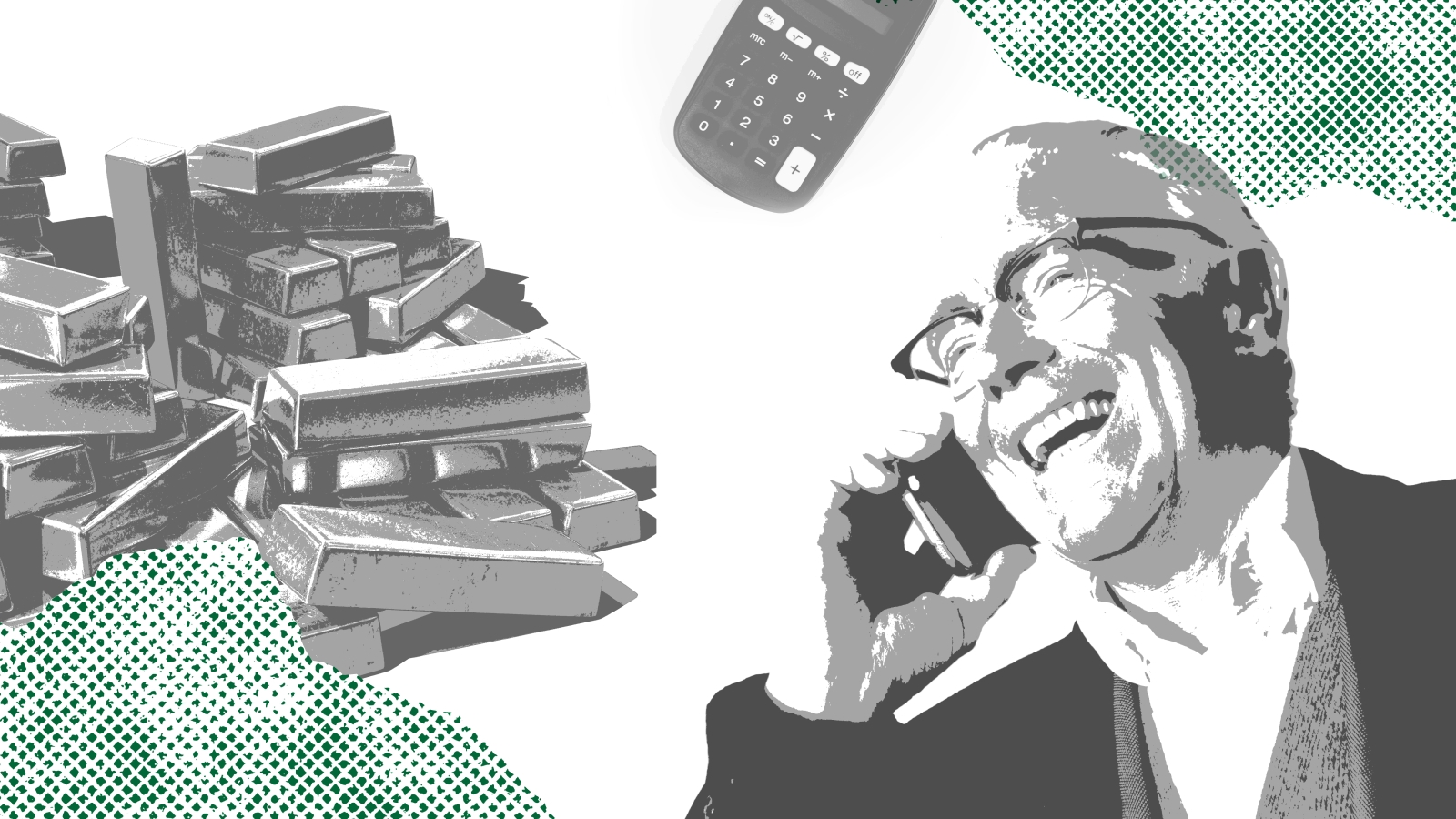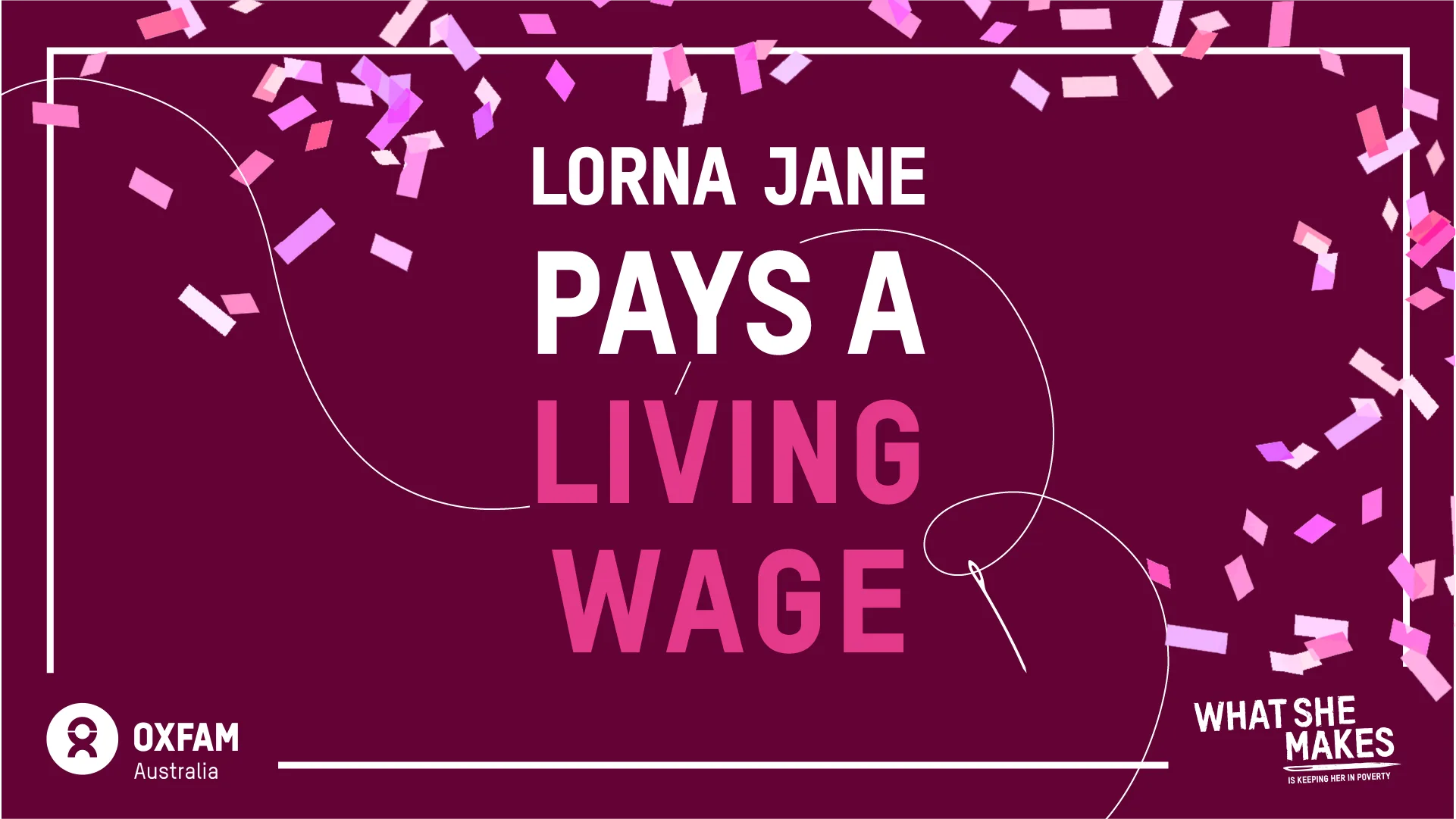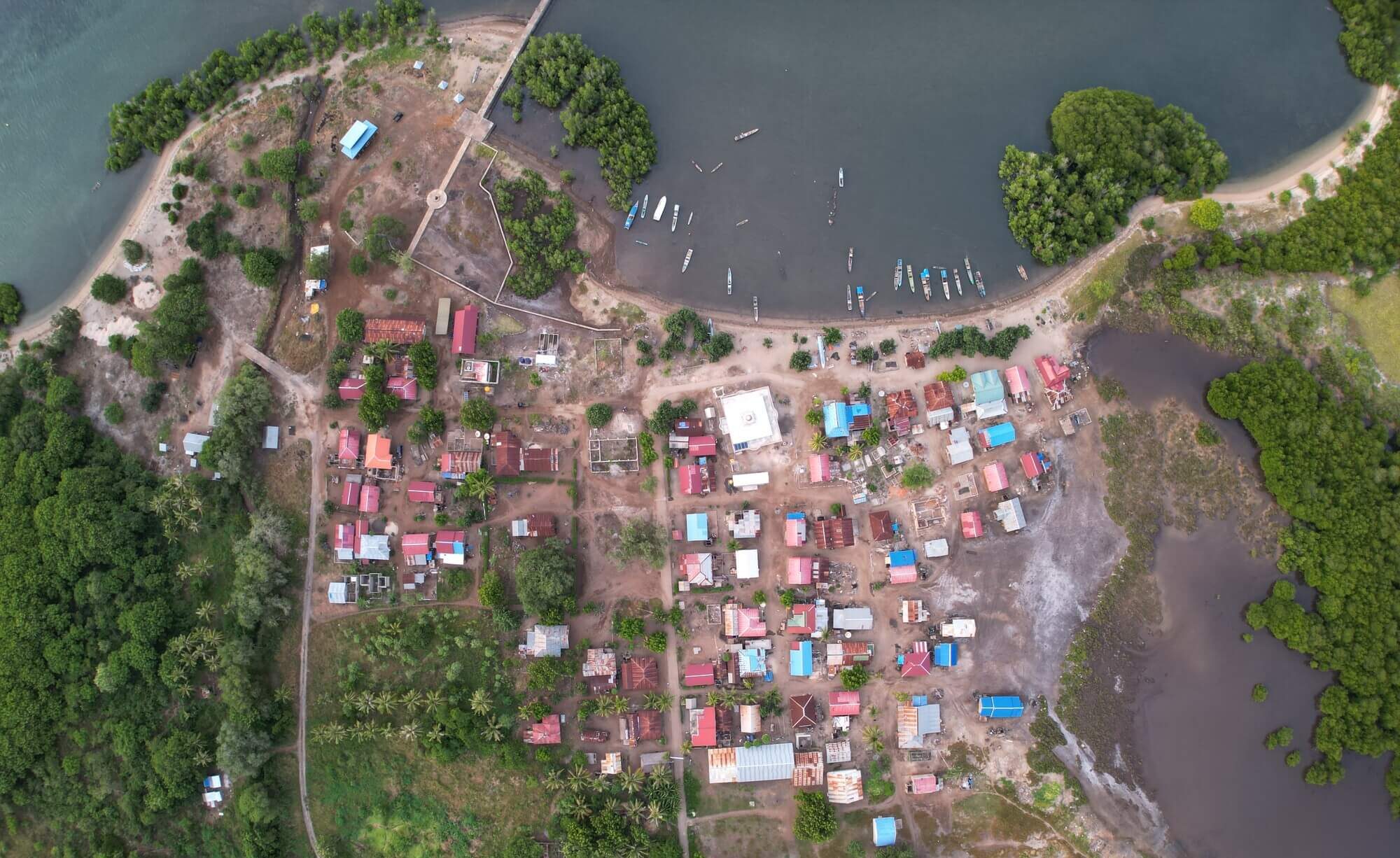Written by Helen Szoke, Chief Executive of Oxfam Australia
Amman, the capital of Jordan, seems to be in state of perpetual construction and deconstruction. It is quite interesting to be here for the first time and what strikes me is that there is rubble everywhere – buildings going up and great cavernous holes in the ground where they have come down. It is also very dry – it is a city built in the middle of a desert.
It is quite cool at this time of the year and I can’t even begin to imagine what it must be like when the temperatures hit the extremes – snow in winter and searing heat in the summer. So imagine then what it is like if you’re a Syrian refugee, having fled to Jordan for your safety and the safety of your family, and now you have to find a way to survive in this country.
I am here to look at the work that Oxfam is doing in response to this enormous humanitarian crisis. Jordan has become the temporary home for over half a million Syrian refugees. In a desert land it is not surprising that water is a key focus for our work.
This morning we visited a community based organisation in Salfout, where we sat in on a training session with five women from Syria. Three are from Dar’a where the initial conflict began in 2011 as a result of a protest. Those three women said that their homes no longer existed; they had been razed to the ground. There were also two women from Damascus.
What is telling for these women is that they don’t see their situation as permanently resettling in Jordan, that they are proud to be Syrian and spoke warmly about their lives back in Syria, the quality of the water, the nature of their food and the quality of their communities. They want to return to their communities but are unable to until the fighting ends.
They are not settled in Jordan; they feel like outsiders and do not feel part of Jordanian life. There are considerable difficulties finding work legally and they face challenges accessing healthcare. Their children are not able to easily access education as a result of a conflict of a different curriculum.
We visited one of the households where a Syrian family is renting. They have received help from Oxfam to pay for the rent on their house, but without work, they fear for where they will live in the future.
The mother in the house said that her eldest son, who should be in Year 9 at school, has had to leave school early to work with his father on a construction site. Her husband had been tortured by the Syrian police for his alleged part in protests, so they had no choice but to flee.
What we have to remember is that this is a different sort of humanitarian crisis to many others that we have seen. It is urban focused, people fleeing a middle income country and having a major impact on the host country. These are people who are just like you and me, they are used to electricity, mobile phones, televisions and other trappings of a middle income family – even those who have come from rural areas.
But here in the refugee camps and settlements, just finding enough to eat or having access to clean, safe water is often a daily struggle.
You can help more families by providing life saving clean water and sanitation.



